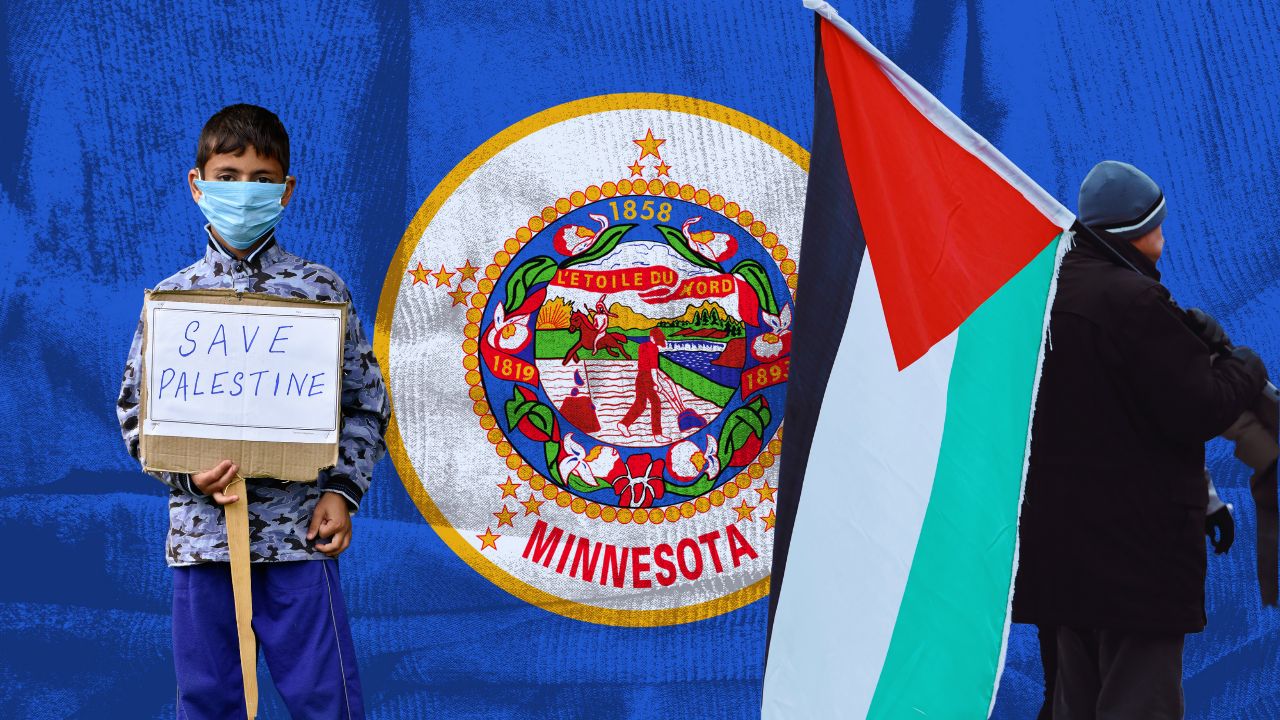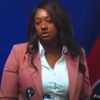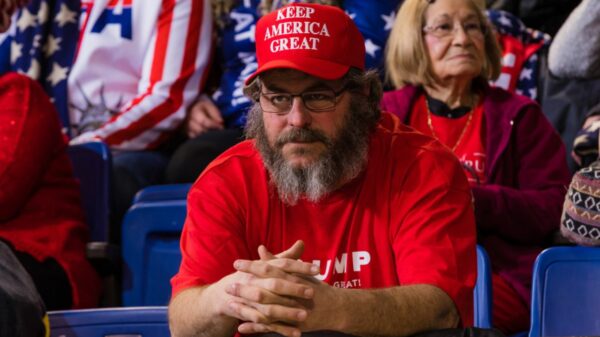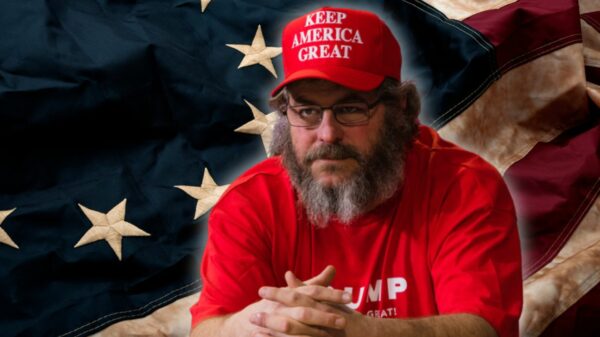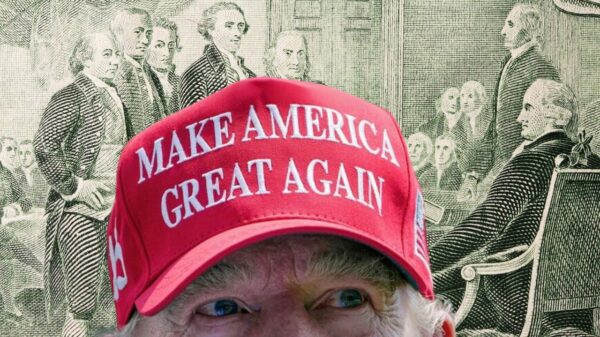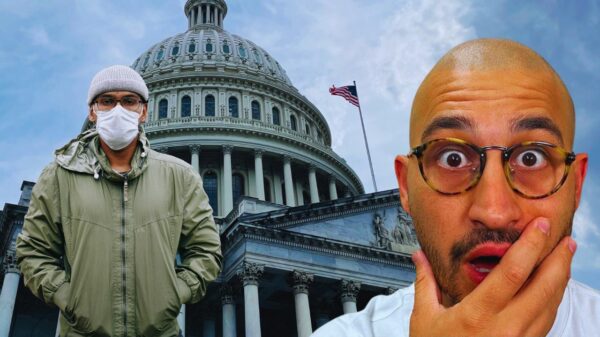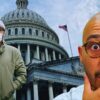Minnesota’s K-12 social studies curriculum is undergoing significant changes, particularly in its approach to teaching about the Israel-Palestine conflict. The Minnesota Department of Education has introduced new standards that include instruction on “decolonization” and the Palestinians’ struggle for “liberation” against what is described as the oppressive “colonizer” state of Israel.
Inclusion of Decolonization Curriculum

Under these new standards, students will explore the concept of decolonization and examine examples that portray Israel as a colonizing force. The curriculum aims to provide insight into historical liberation struggles and the impact of colonialism, prompting students to analyze dominant and non-dominant narratives.
Controversial Content
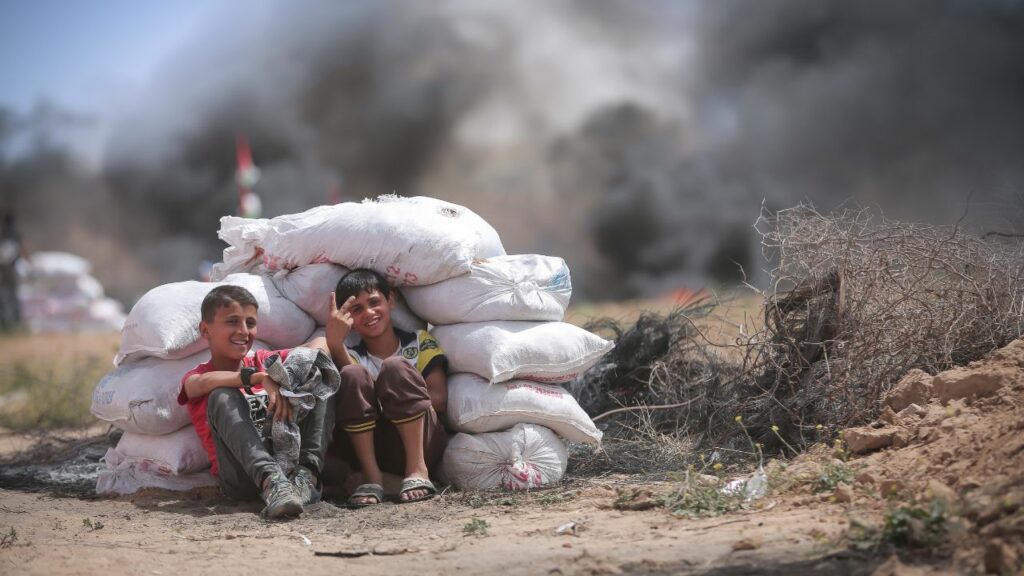
While the public standards do not explicitly mention Israel, non-public documents obtained by the Center of the American Experiment reveal that the Israel-Palestine conflict is cited as a corresponding example for each lesson. Critics argue that this approach promotes an ideological perspective that portrays Israel as an illegitimate and oppressive state, perpetuating the narrative of Palestinian victimhood.
Criticisms and Concerns
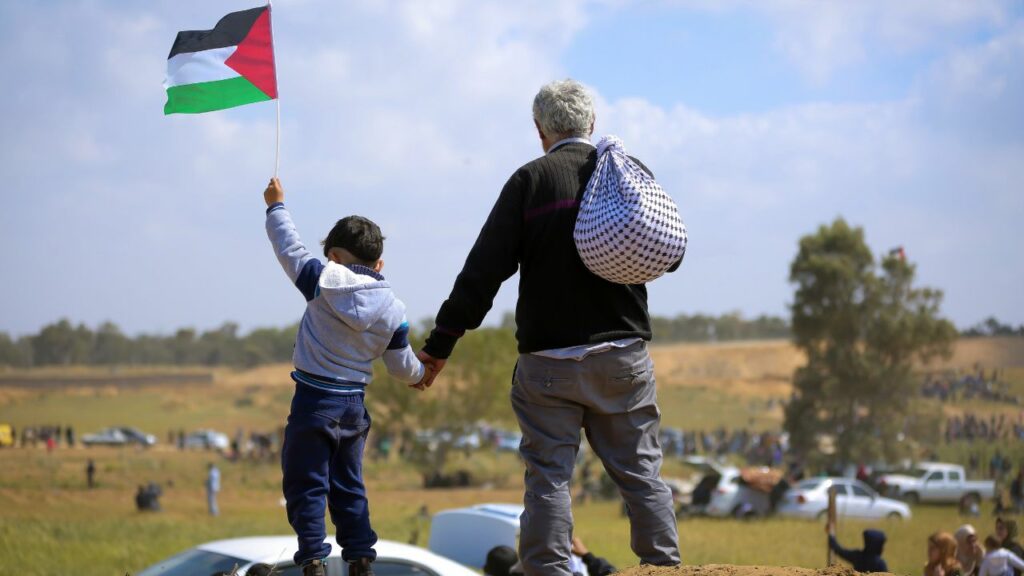
Critics, including Katherine Kersten, a senior policy fellow at the Center of the American Experiment, contend that the new standards advance a biased perspective. They argue that the curriculum fails to present a balanced view of the conflict and instead promotes divisive ideology.
Response from Education Officials

The Minnesota Department of Education has defended the new standards as an opportunity for students to understand complex historical issues and promote critical thinking. However, questions have been raised about the department’s response to criticisms and concerns raised by expert reviewers.
Ignoring Expert Reviewers
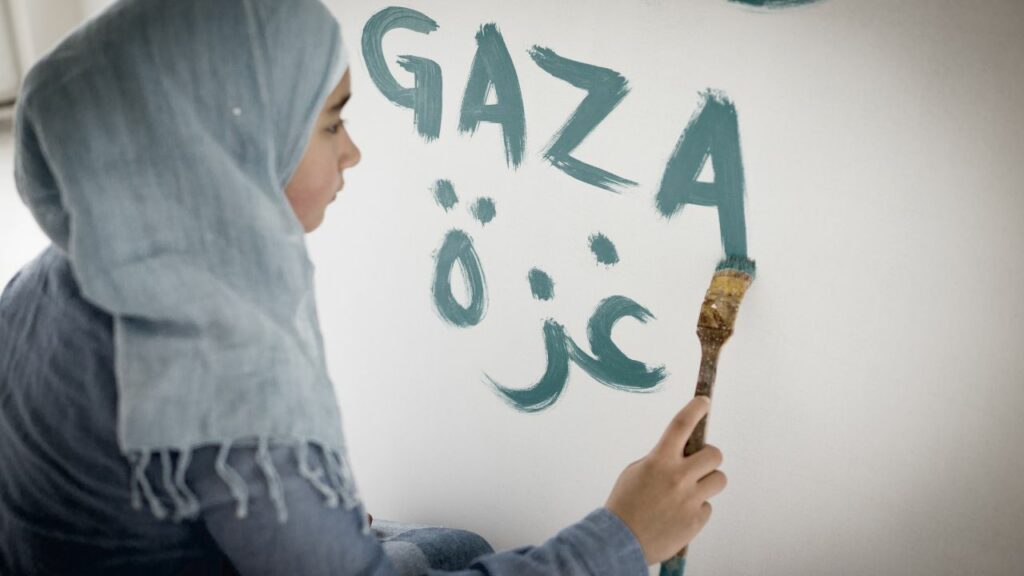
According to the Center of the American Experiment, the Department of Education disregarded input from paid expert reviewers who criticized the standards. Three out of four reviewers raised concerns about bias and feasibility, with one reviewer describing the standards as among the worst in the nation.
Impact on Education
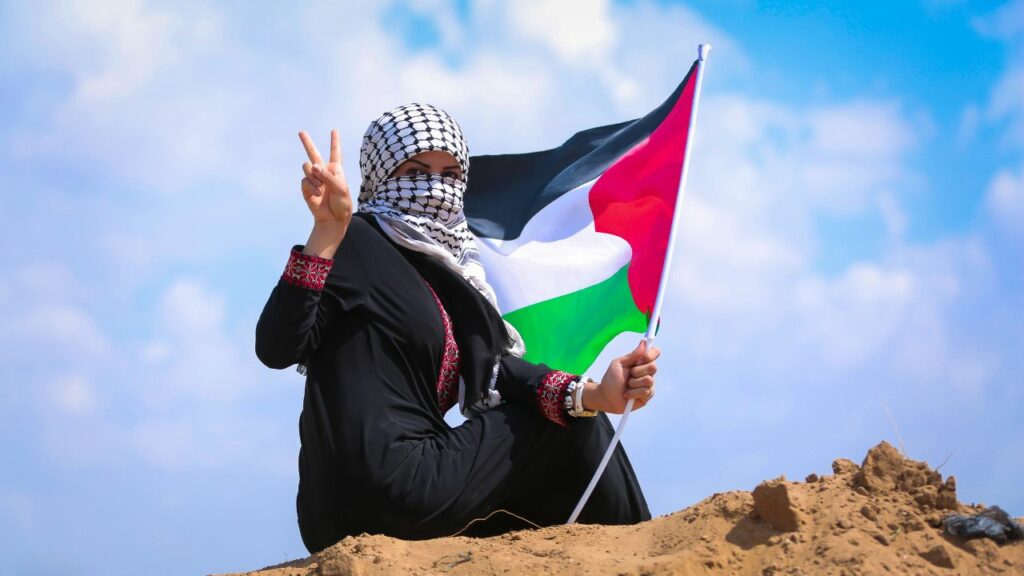
The introduction of these controversial standards has sparked debate about the role of politics and ideology in education. Critics argue that the curriculum risks indoctrinating students with a particular viewpoint, while supporters maintain that it provides a necessary understanding of historical injustices.
Broader Context

Minnesota’s experience is not unique, as other states, such as California, have faced similar controversies over curriculum changes. The focus on equity and social justice in education has led to debates about the balance between promoting inclusivity and maintaining academic rigor.
Moving Forward

As discussions continue surrounding the implementation of the new social studies standards, stakeholders must consider the implications for students’ education and broader societal understanding. Finding a balance between diverse perspectives and academic integrity remains a significant challenge for educators and policymakers alike.
Controversial Topics
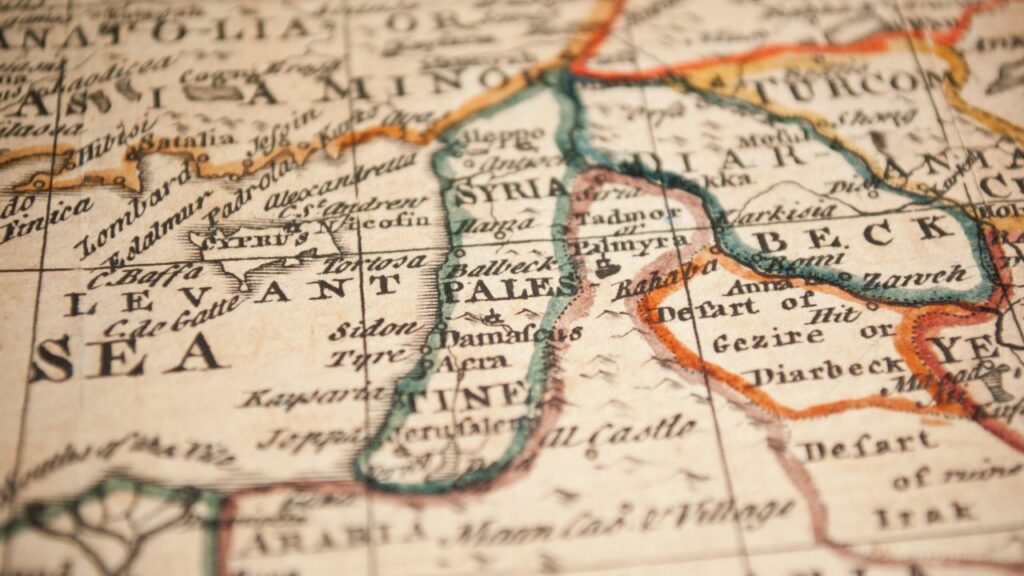
What are your thoughts? How can educators ensure that controversial topics like the Israel-Palestine conflict are taught in a balanced and unbiased manner? What role should expert input play in the development of educational standards, and how can policymakers address concerns raised by reviewers?
Reflecting Diverse Perspectives

To what extent should social studies curriculum reflect diverse perspectives, and how can educators navigate sensitive historical narratives? How might the inclusion of decolonization studies in K-12 education impact students’ understanding of global conflicts and historical injustices?
